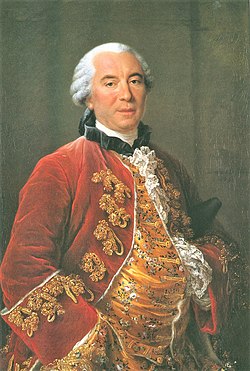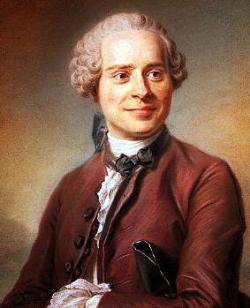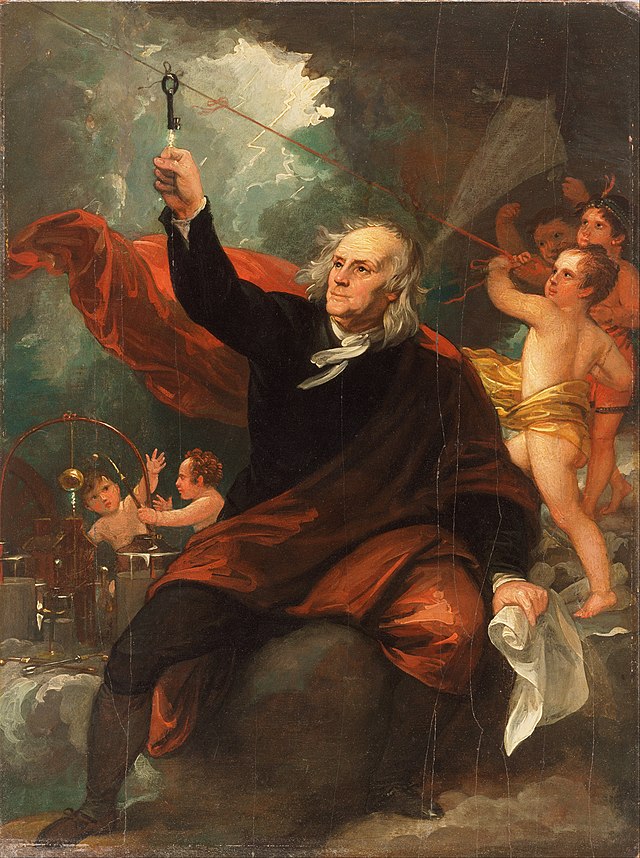 |
| Buffon himself |
If one wants to
investigate the development of biology into its modern shape, one
must surely study the works of Buffon. Including him in a discussion
of philosophy might seem less reasonable, but considering the
importance of Darwin's theory of evolution to a modern way of
thinking and Buffon's value as a step towards Darwin, his inclusion
seems more understandable.
Buffon's main work
is Histoire naturelle, a huge, multivolume study on such
varied topics as cosmology, geology and biology. Going through all of
these volumes would be an arduous task, and so I've chosen to read
only a selection of what should be especially philosophical portions
of Buffon's works. Even in comparison with this selection, my post
will be just a quick summary of some interesting features found in
Buffon's writings.
We might begin from
Buffon's methodological remarks. Buffon sets out himself between what
he considers two faulty extremes. First of these extreme was
symbolised by Aristotle, who according to Buffon had no real method
at all in his biological writings – he just enumerated arbitrary
observations on the behaviour of animals, without trying to make the
observations into a coherent system. The other extreme, on the
contrary, tried to use an artificial, rigid and external
classification for making sense of the living world – Buffon
mentions especially Linné as a representative of this group.
Buffon's own attempt is to find natural classification and
systemification of nature. Of course, one cannot just directly start
from such a classification, but one can still try to proceed toward
such a classification – man-made classifications are only a starting
point, which must be constantly compared with empirical data.
A good example of
Buffon's reliance on empirical data is his attitude towards the
history of Earth. While some of Buffon's contemporaries still tried
to fit Earth's development with the account of Genesis, Buffon wanted
to justify his view of Earth's history more through proper research.
Of course, he still wasn't ready to throw out all of the Bible and
accepted, for instance, the idea of a worldwide deluge. Yet, he
didn't base this idea merely on Bible, but also noted how fossils of
sea animals could be found on dry land.
Fossils were indeed
an important piece of evidence for Buffon, because they show that
animals of previous times have been different than they now are –
elephants of ancient times (mammoths, that is) were considerably
larger than they current counterparts. Buffon still isn't an
evolutionary thinker, but believes that there has been a fixed number
of species since the generation of life on Earth. These species could
have varied in their features and especially they might have
degenerated, like elephants have become smaller – earlier Earth had
more vigour in producing animals, Buffon explains. Still, no truly
new species is ever born. Here he justifies once again his statement
through fossils – all species of current times have been found
from fossil sources.
Although Buffon
believes in the fixedness of certain genera of living things, he does
think there is a certain continuum of life. For instance, he suggests
that there is no clear division between plants and animals, because
certain entities, like corals, share features of both animals and
plants. Somewhat inconsistently, Buffon then insists on a leap from
the level of animals to the level of human beings. While animals are
irrational, human beings are rational, and there cannot be any middle
road between irrationality and rationality. This very traditional
division implies, according to Buffon, that while for animals mere
satisfaction of physical desires is enough, human happiness relies on
harmony between reason and sensuous impulses.
The most intriguing
aspect of Buffon's thought is then how he manages to unify quite
revolutionary ideas with some rather traditional and even
conservative thoughts. Earth and especially its living denizens have
a history, but this history does not entail that all species are
related to one another.Living beings form a
continuum, but humans are still far removed from other species.
As most of Buffon's
works concern rather specific questions of biology and other
particular sciences, I shall leave my account of his work to this rather general level and turn again to American philosophers.



